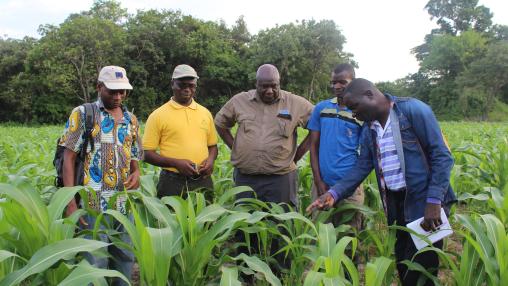
Reforming agricultural extension to build resilient and sustainable food systems: Insights from national and international consultations
Food systems around the world face growing challenges. They must be transformed to sustainably feed a growing global population and made more resilient to shocks from extreme weather to conflict. Efforts on those fronts are increasingly interlinked—and depend on well-targeted local interventions.
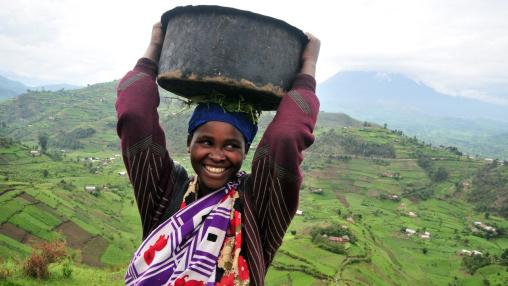
Using Policy to Drive Agrifood Transformation: Lessons from Uganda
Despite Uganda’s rapidly growing economy, as many as 34.6 million people continue to face food insecurity. More than 72 percent of the country’s population cannot afford a healthy diet, and both undernourishment and overweight/obesity among adults pose a growing challenge. To successfully confront these challenges and encourage the sustainable transformation of Uganda’s agrifood system, stronger policies and enhanced collaboration are needed, according to a recent brief from FAO.
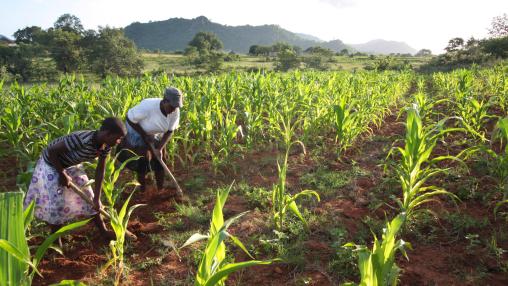
Commercialization carries both benefits and challenges for agricultural households
Creating opportunities to more effectively link farmers in Africa south of the Sahara with local, regional, and global markets has become a key development focus in recent years. However, questions remain about the impacts that increased agricultural commercialization may have on household food consumption and food and nutrition security. A recent article in Food Security examines such impacts in Ghana, Tanzania, Nigeria, and Zimbabwe and finds both positive and negative trade-offs to increased market integration.
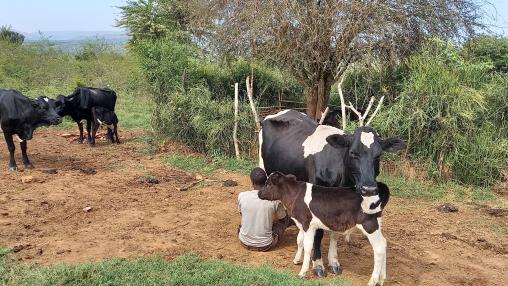
Enhancing milk quality in Uganda: Challenges and innovations in the dairy value chain
Over the past few decades, Uganda’s dairy sector has transformed from mostly subsistence activities into a dynamic and modern industry—a shift enabled by government initiatives, private sector investments, and the introduction of better technologies and practices. But the industry still faces challenges, particularly in establishing a market for high-quality milk.
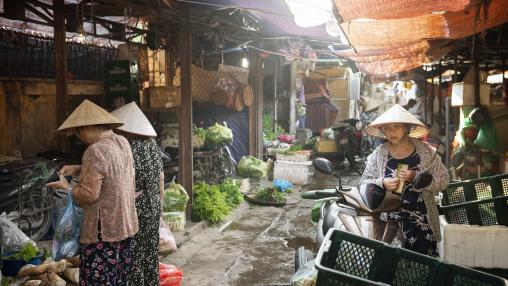
Evaluating impacts: Lessons from food systems interventions across Africa and Asia
Food systems play an important role in shaping our diets. Recently, there has been growing attention to food systems transformation, which involves changing different components of global food systems to make nutritious foods more accessible to consumers. At the 2021 UN Food Systems Summit, more than 100 countries pledged to transform their food systems, a clear recognition of the importance of healthy diets in preventing all forms of malnutrition worldwide.
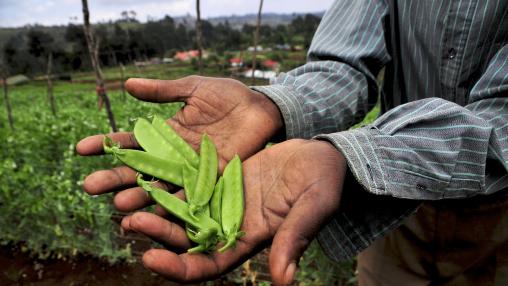
Leveraging the Potential of Ghana's Food System
Malnutrition—including undernutrition, micronutrient deficiencies, overweight, obesity, and diet-related non-communicable diseases (NCDs)—poses a staggering challenge to health, food security, and economic growth outcomes around the world. In Ghana, an estimated 256.1 million people experienced hunger and 240 million were undernourished in 2018. At the same time, rates of obesity and diet-related NCDs in the country have risen significantly—from just 10 percent of Ghanaian adults in 1993 to 40 percent in 2015.
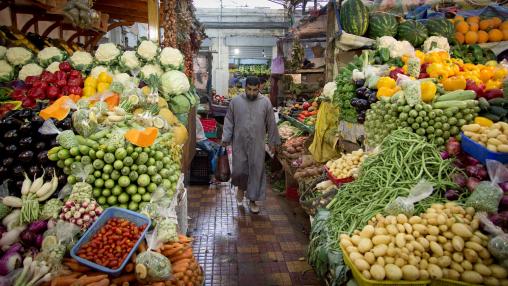
Transforming African Agriculture through Inclusive Agricultural Value Chain Development
Africa’s agricultural sector has the potential to drive important economic growth and development in the region. Agriculture accounts for 16 percent of Africa’s annual GDP and employs over half of its labor force, particularly youth and women workers. Despite the sector’s vast potential, however, African agriculture remains hampered by low resource productivity and little or no value addition; shocks like climate change, ongoing regional and local conflict, and supply and market disruptions resulting from the COVID-19 pandemic and global conflicts have only exacerbated these challenges.
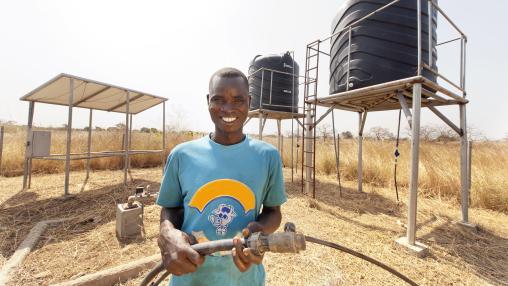
Africa's Food Systems on Cusp of Transformation: 2023 ATOR Released
As 2025 – the deadline for the Malabo Declaration commitments – approaches, African policymakers are taking stock of the region’s progress toward the Comprehensive Africa Agriculture Development Programme (CAADP) framework for agriculture-led growth and development and determining what CAADP implementation will look like post-Malabo. The 2023 ReSAKSS Annual Trends and Outlook Report (ATOR) examines these questions, with a particular emphasis on the future of Africa’s food systems.
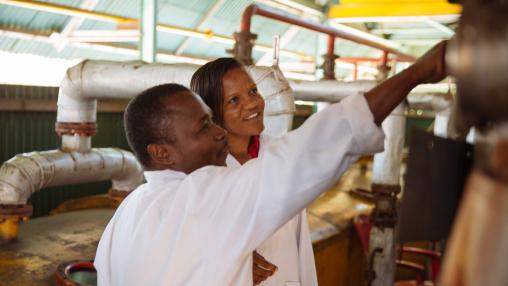
Food System Transformation Will Take Strong Coordination and Political Will, Says 2023 Africa Agriculture Status Report
Food systems in Africa have the potential to drive dramatic economic, food security, and environmental transformation in the coming decades, according to the 2023 Africa Agriculture Status Report (AASR). Realizing this potential, however, will require significant political will and investment, from both the public and the private sectors, in infrastructure, open trade, research and development, technological innovation, and enhanced education and opportunities for Africa’s rapidly expanding young population.
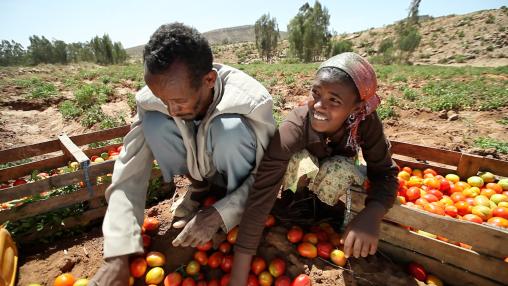
The Hidden Middle: How SMEs Are Driving Value Chain Transformation in SSA
Debate around how to increase production and consumption of nutrient-dense foods like fruits and vegetables and animal products in Africa south of the Sahara has long centered on overcoming constraints such as high cost. According to a new IFPRI working paper, however, this focus may ignore how grassroots efforts, particularly among small and medium-sized enterprises (SMEs) and midstream value chain actors, are in fact driving substantial growth in both supply of and demand for these more nutritious foods.